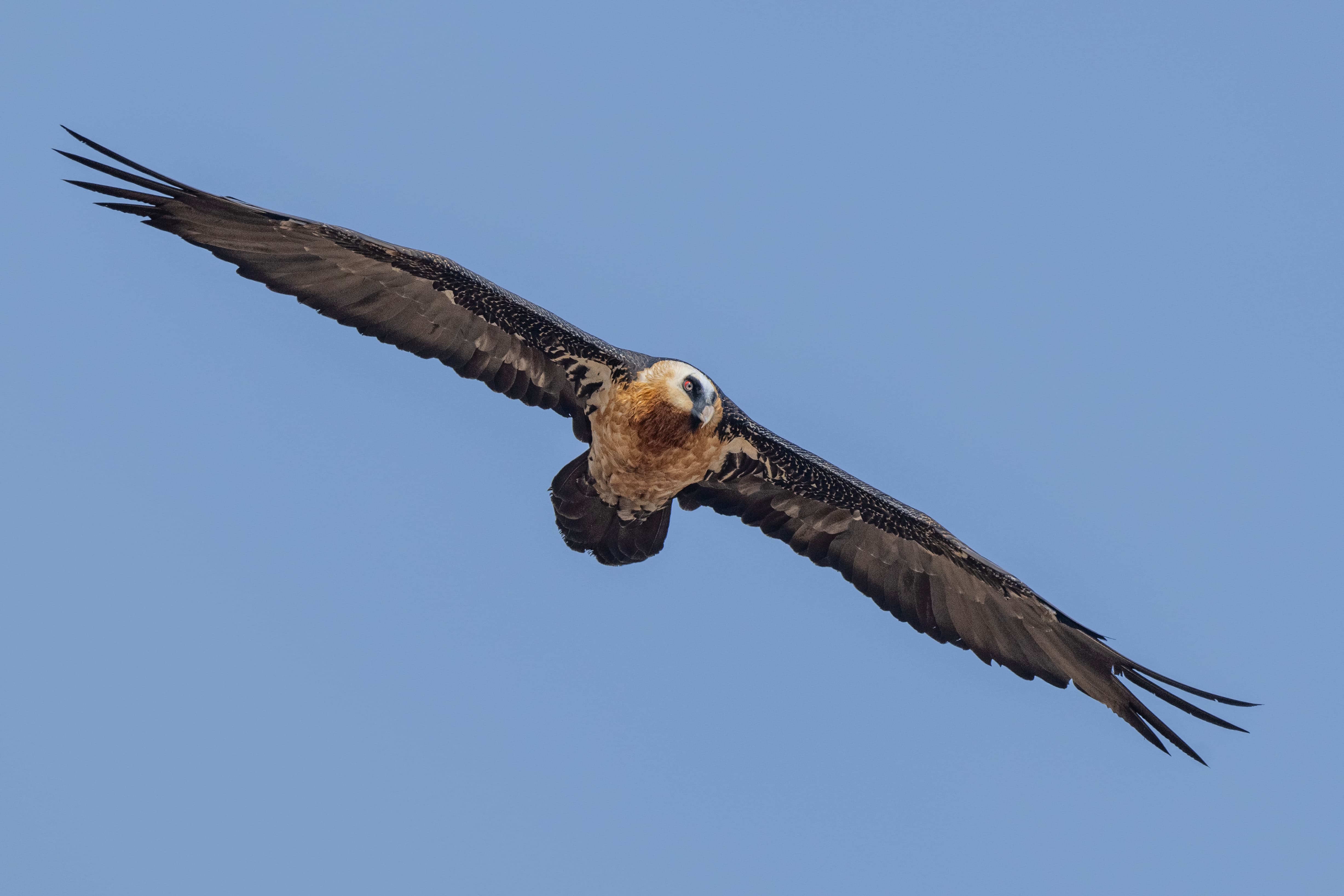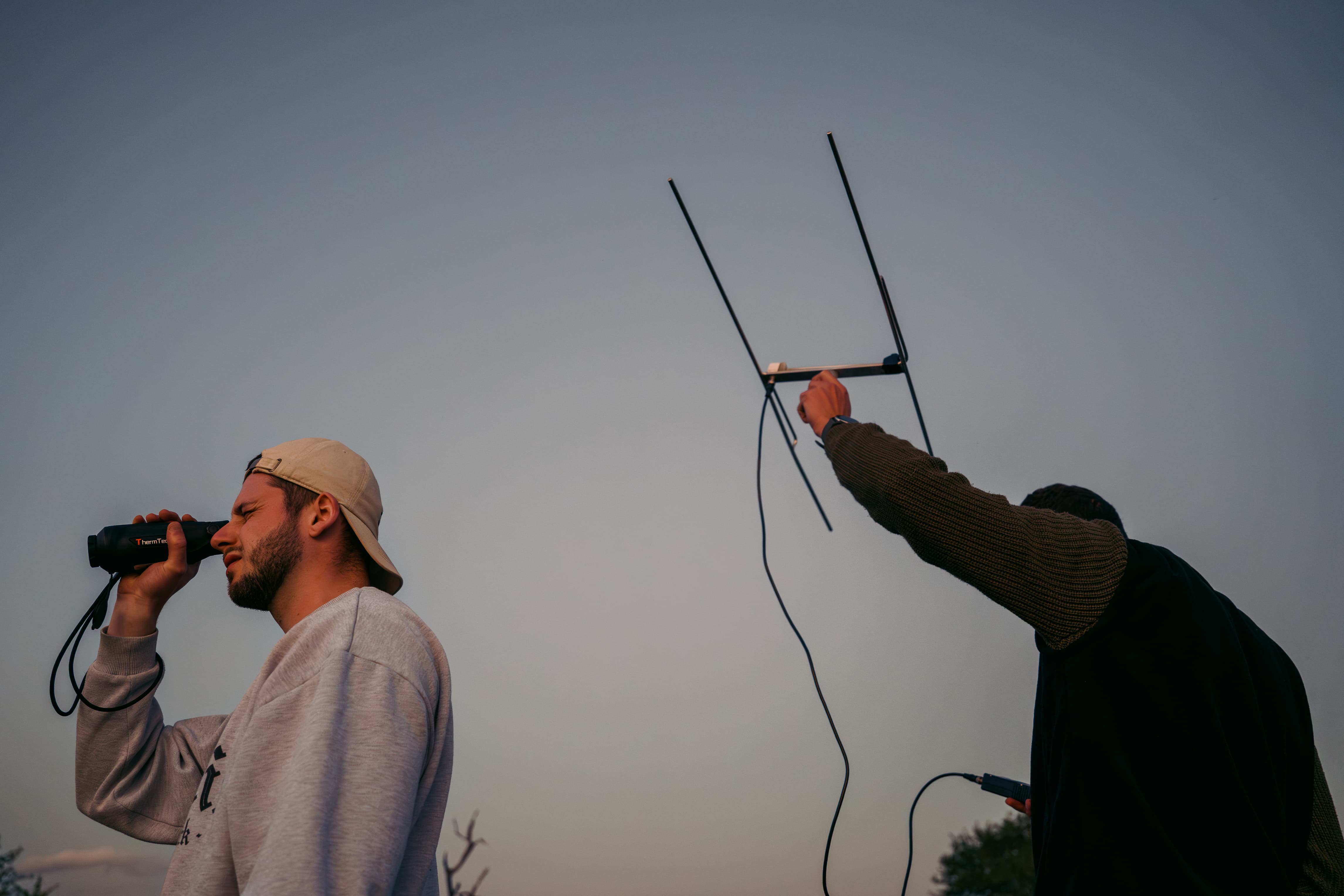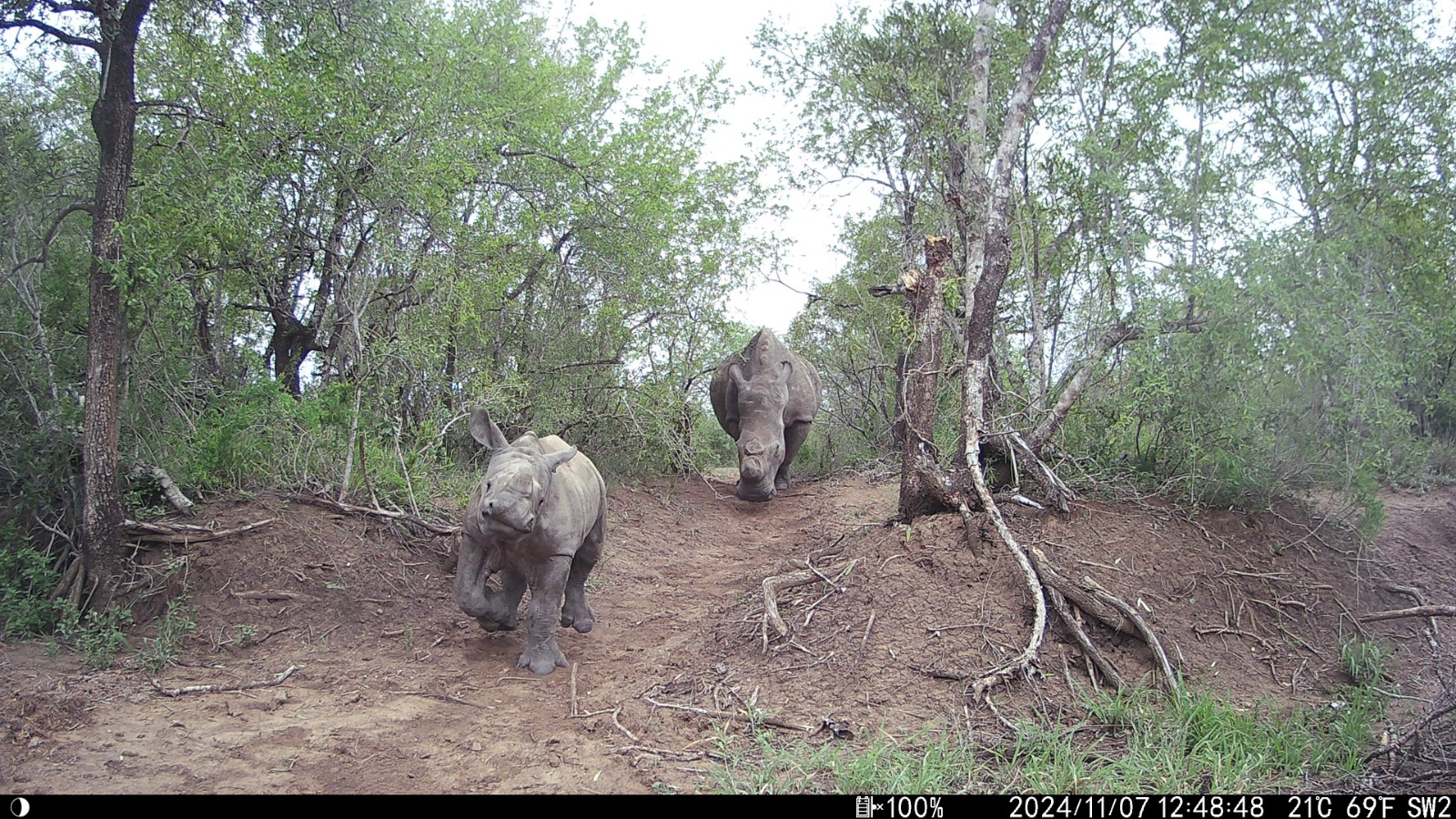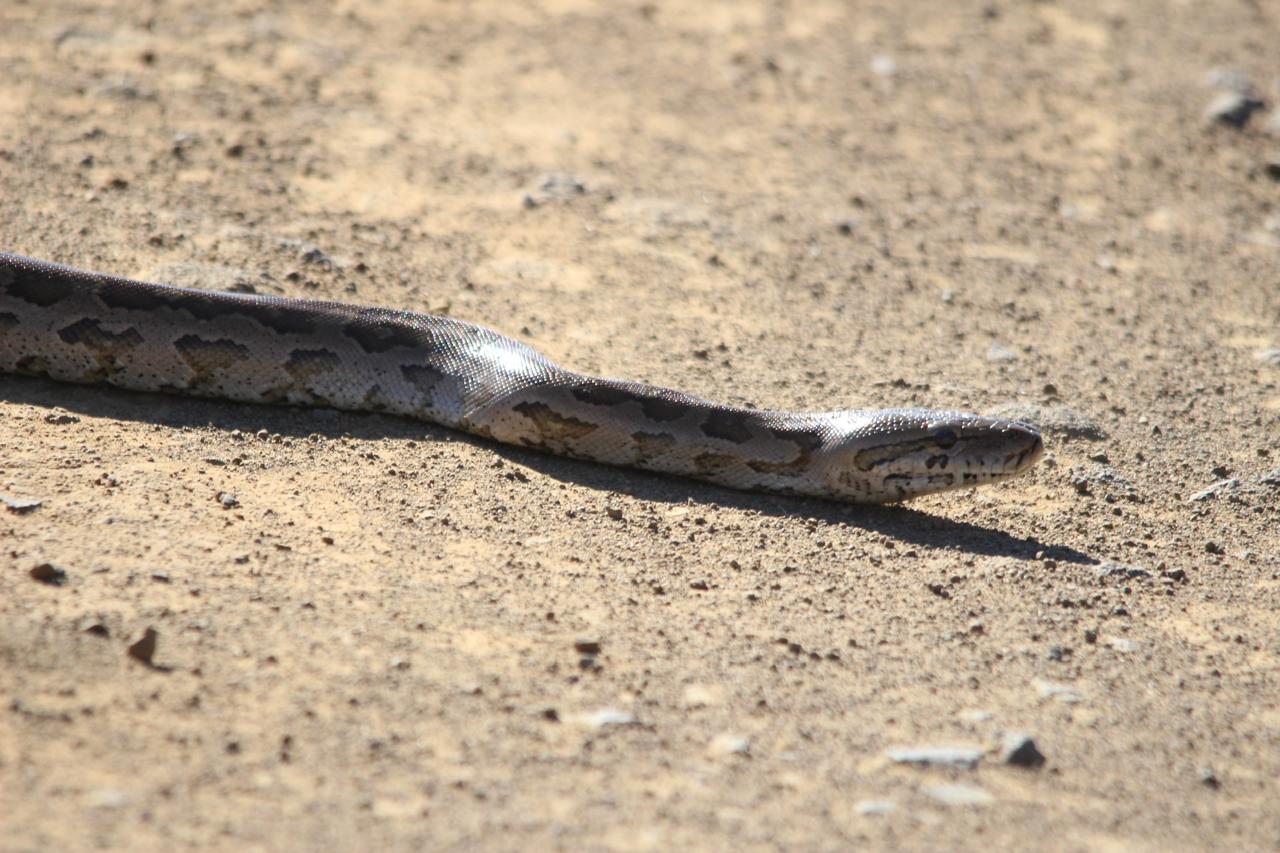Many people making small changes = huge impact
Our wildlife is being decimated. We’ve lost over 6200 rhinos to poachers since 2007; 40 000 elephants are killed each year; the pangolin population is being obliterated (what’s a pangolin you say? Google it; it’s an incredible creature). Currently almost 8000 predators are being held in captivity and none of it has anything to do with conservation; the oceans are filling up with plastic; forests are disappearing & creatures are going extinct before we even discover them. It’s all too overwhelming and for most of the population, it’s easier to concentrate on seemingly more pressing matters, like putting ones children through school, paying taxes, walking the dogs and deciding what to cook for supper. The conservationists can save the planet.Wrong. There are thousands of passionate conservationists fighting the fight, celebrities petitioning their audiences for support, princes advocating our cause and yet we’re still in trouble…Bear with me on this one, there is hope.Here are some simple ways in which you can help to make a difference.Some are obvious, some aren’t.
Don't buy products made from an endangered species
Ivory, coral, tortoise and turtle-shell, bone & fur are not acceptable. Wearing a shatoosh is now taboo as it has led to the demise of the Tibetan antelope. Consider what Baobab shampoo could mean for the future of our majestic giants.Think carefully about the potentially bloody origin of that new, ornate ivory carving on display. Militia groups and other armed factions such as the Janjaweed and LRA, who are responsible for spreading instability and carnage, have been implicated in the brutal killing of elephants and the illegal trafficking of ivory.Easy: Don’t buy products made from an endangered species.
Think before you go to the circus
Ask yourself questions like: Where did those animals come from? What atrocities did they go through to get there and will continue to be subjected to if you buy those tickets to the circus. They most certainly didn’t walk out of the jungle and into that cage willingly.Easy Option: Don’t go to the circus if there are wild animals in the show. Less Easy Option: Explain the reasons to your kids.

Don’t shop at pet stores that sell exotic animals
By directly supporting pet shops that sell wild animals, there is a strong possibility that you are indirectly supporting poaching and the illegal trade of wild animals. And if we really want to get into it … you’re also fuelling wildlife crime; which leads to international terrorism, and the destabilization of vulnerable democracies. The illegal trade of wildlife is the world’s 5th most lucrative criminal industry. But lets keep it simple - parrots, canaries, finches, cockatiels, lovebirds, parakeets, ma-caws, African greys (to name a few) are exotic pets. It’s simple: don’t buy them.Lets take the much-loved, speaks-back-to-you, African grey parrot for example…We love them because they’re pretty and entertaining and they can say Our name. The African grey is close to extinction in the wild largely because of the international pet trade. Their trip to the pet shop probably included being stuffed into a cage, bag, or water bottle and smuggled through customs in the luggage of a criminal. Approximately 1 in 6 birds survive the trip across the border. i.e 83% of those birds die on the way to your bird cage. Poachers plan for this and so capture four times as many to make up for the mortality rate.

And really, why would you keep a bird in a cage anyway? Birds have wings. You’ve always had one? It was a gift? It’s 40 years old this year & it used to belong to your parents? Not good enough. Your friends & their children will see it and want one too. Your bird is fueling demand. You didn’t know? Now you do.Easy: Don’t buy your pet food from a pet shop that sells exotics. Less Easy: Don’t buy that parrot that you want so badly. Difficult: Take your bird to an official sanctuary where it will be able to spread its wings and won’t tempt other humans. You’re not abandoning it, you’re giving it a better life and you’ll be helping to save an endangered species.
Stay away from places that offer interactions with wild animals
Keywords to watch out for are "encounter", "engage", "petting', "walking with" & "feeding".BIG CATSA lion or cheetah cub that you are cuddling will not be “re-wilded”. When it grows up it is not going to be rehabilitated into the wild. Don’t let anyone tell you otherwise.There’s a 90% chance (although stats are impossible as it’s done illegally) that a lion cub will be shot in an enclosure by a hunter. These lions are being bred in captivity specifically to be shot. 800 - 1000 lions are being shot in South Africa each year, 10 (max) of those hunts are legal.Cub petting = canned hunting. Not convinced? www.bloodlions.org is a great place to start.
“From cub petting as the lion grows older they are moved to walks with lions, which is another bad step and obviously makes them a lot easier to hunt because they are so used to people. They get fed off from the back of a vehicle so if the lions see a vehicle drive into the enclosure their immediate reaction is to seek out that human interaction or they think its food,” says Abrahamson.
These cubs are only there because there is a market for it; because you are paying for the experience. It is a business, not a sanctuary. Sanctuaries do not offer interactions.Easy: Delete any selfies you have with wild animals. Less Easy: Don’t visit places that offer cub petting or any other wild animal interactions. Less Easy: Educate yourself and watch Blood Lions from start to finish. Difficult: Watch Blood Lions again.

ELEPHANTSBe careful of scam ‘sanctuaries’. Sanctuaries don’t offer elephant rides.“In Myanmar, domesticated elephants are used to corral wild animals into pit-traps where older protective members of herds are often killed and the higher value, younger animals taken. The young are then transported to Thai-Myanmar border areas and then mentally broken and prepared for training before being sold into the tourism industry in Thailand where they are put to work at tourist camps or hotels.” - 2014 TRAFFIC report.Easy: Don't ride elephants. Easy: Don’t stay at lodges that offer elephant riding.

Think before sharing a photo or video of a “cute baby” wild animal interacting with humans. You’re sowing the seed with that post. It’s simple. People will see it and want to do it too.If unsure: research the post and educate yourself. A slow loris post that went viral is a good example; she has her arms in the air and seems to be enjoying a tummy tickle; it’s adorable. Wrong. She has her arms up because she is terrified and is trying to protect herself by gathering venom from a gland inside her elbow.Easy: Don’t promote unethical media, regardless of how cute it is.SAVE THE SEAThink dolphins & sea turtles are cool? Plastic in the ocean now outnumbers sea life 6 to 1. Use less plastic. Don’t be lazy.According to the Environmental Protection Agency (EPA) between 500 billion and a trillion plastic bags are used worldwide each year. These find their way into landfills, oceans, rivers and parks where they choke, strangle and starve wildlife.
“Wherever there is fishing, there is bycatch - the incidental capture of non-target species such as dolphins, marine turtles and seabirds. Thousands of miles of nets and lines are set in the world's oceans each day. Modern fishing gear, often undetectable by sight and extremely strong, is very efficient at catching the desired fish species, as well as anything else in its path. A staggering amount of marine life including turtles, dolphins and juvenile fish is hauled up with the catch, and then dis-carded overboard dead or dying.” - WWF
Easy: Say no to a straw. Less Easy: remember to pack your reusable shopping bags before you go shopping. Difficult (in the beginning): Ditch the supermarket hake. Eat sustainably-caught fish. Difficult: The next time you are at a restaurant ask the waiter/manager whether the fish they serve is sustainably harvested. Easy: visit wwfsassi.co.za - print the guide and stick it on your fridge.

MICROBEADSMicrobeads are in face soaps, body scrubs, toothpastes, cosmetics, household cleaning products & more. They’re made of plastic and end up in the oceans where these toxic-coated beads are consumed by fish and other marine organisms. The smallest particles of plastic are ingested and retained by filter feeders such as mussels. Belgian toxicologist Colin Janssen (University of Ghent) found that on average, each gram of mussel flesh contains one particle of plastic .Easy: Don't buy products which contain microbeads.MEAT-FREE MONDAYSThe amount of carbon dioxide equivalents produced by a veggie burger is just over 200g while nearly 6000g are pumped into the atmosphere for a single beef burger. What’s worse is that every second, an area the size of a football field is cleared in the Amazon to produce 250 beef burgers.The Amazon rain forest is home to more plant and animal species than any other terrestrial ecosystem on the planet; approximately 30% of the earth’s species live there. Besides their intrinsic value as living organisms, these species have potential value in the form of cures for diseases, food for nearly a million people, and it assists in limiting the worst effects of global warming. The trees in the Amazon are thought to absorb approximately 250 million tonnes of carbon dioxide annually. The forest is crucial to our climate.Easy: Go meat-free just once a week. Less Easy: Four times a week.PALM OILEasy: Google it.Easy: Read food packaging labels.Less Easy: Realizing the extent of the palm oil problem.SAVE WATEREasy: Turn the tap off while you brush your teeth. (You’ll be surprised at how common this is).Easy: Put one bucket in the shower and one bucket in the washing up sink and use that to water your garden.Easy: Turn the shower off while you wash your hair.Less Easy: Install a rain water tank.SAVE ELECTRICITYEasy: Don’t fill the kettle for one cup of tea.Easy: Turn the thermostat down on your water heater/geyser.Less Easy: Go solar.RECYCLE. REUSEHere we go again…Easy: Recycling is easy once you’ve set it up. You’ll wonder why it took you so long to do it.Easy: Reuse your yogurt tubs instead of buying new plastic containers.SUPPORT A FOUNDATIONDonate a small amount to a conservation organisation each month. It doesn’t need to be a lot. Consider the amount you spend on a 6 pack of beer or a bottle of wine and donate the equivalent.Easy: Set up a debit order. Less Easy: Deciding on which company to support. (I’ve added links that will take you to some of the organizations I believe are doing big things for our planet. Research the organisation you decide to support and make sure you know where your money ends up).I’m certain that one day we, as a species, will look back and wonder how on earth we thought our lifestyles were sustainable. Future generations will be appalled.Change isn’t easy until you try it. We once believed the earth was flat. Human beings are reportedly the most intelligent species on the planet. Use those brains people. It’s time to adjust.I have 700 Facebook friends (mostly acquaintances). I’m pretty sure 660 of them don’t know my middle name. If each of them read this post and made small lifestyle changes, imagine the impact we could have collectively. If 700 of your friends did the same, and so on and so forth, we might just be able to save the planet.Get involved - spread the word. Get more involved - Do all the “easy steps”.Get more involved - Come and learn from us in the field

Links to Conservation Organisations:
I’ve put my organization at the end of the list because this isn’t a punt for money, this is a punt for the planet.
- The Nature Conservancy: nature.org
- The World Wildlife Fund: www.wwf.org
- The Natural Resources Defence Council: www.nrdc.org
- The Sierra Club: www.sierraclub.org
- The Wildlife Conservation Society: www.wcs.org
- Oceana: www.oceana.org
- Conservation International: www.conservation.org
- The National Audubon Society: www.audubon.org
- The Jane Goodall Institute: www.janegoodall.org
- The Royal Society for the Protection of Birds: www.rspb.org.uk
- Save The Rhino: www.savetherhino.org
- Endangered Wildlife Trust: www.ewt.org.za
- Panthera Corporation: www.panthera.org
- Born Free Foundation: www.bornfree.org.uk
- The David Sheldrick Wildlife Trust: www.sheldrickwildlifetrust.org
- Wildlands: www.wildlands.co.za
- And of course, my favourite: Wildlife ACT: www.wildlifeact.com
Sources:
- Blood Lions
- African Parks
- Green Living
- WWF. Bycatch.
- Save The Rhino
- One Green Planet
- Beat the Microbead
- Support Meat free Mondays
- World Wildlife Crime Report
- Farming lions in the name of sport
- Environment. Plastic Shopping bags & Environment
- Are Plastic Grocery Bags Sacking the Environment
- Keith Somerville, Ivory: Power and Poaching in Africa
- African Elephant Numbers Plummet 30 Percent, Landmark Survey Finds
- Stop Rhino Poaching, Rhino Statistics - Poached and Population Figures
- 100,000 Elephants Killed by Poachers in Just Three Years, Landmark Analysis Finds
- Written by Pippa Orpen



.jpg)







(1).avif)